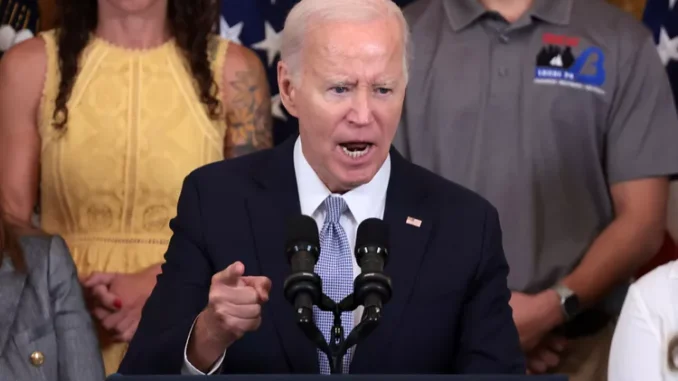
KEY TAKEAWAYS
- Inflation has receded over the last year without much help from the Inflation Reduction Act passed last August, economists say.
- Supply chain improvements and Federal Reserve rate hikes were more responsible for consumer price increases slowing since June 2022, by most accounts.
- The IRA could still reduce inflation in the long run by making the economy more productive and reducing reliance on oil.
The Inflation Reduction Act, enacted a year ago, did a lot of things. Reducing inflation likely wasn’t one of them—at least not yet.
On August 16, 2022, President Joe Biden signed a bill making a slew of changes to the tax code, allowing Medicare to negotiate with pharmaceutical companies over drug prices, giving more funding to the IRS to chase tax cheats and improve customer service, and giving businesses and individuals tax incentives to switch to green energy from fossil fuels.1 Since then, inflation fell to a 3.2% annual rate from 8.3%, as measured by the consumer price index.
Although the bill was dubbed the Inflation Reduction Act, the reduction in inflation was likely due to larger economic forces, according to economists.
“The IRA has had little to do with the easing of inflation over the past year,” Mark Zandi, chief economist at Moody’s Analytics, said in an email. “Inflation has moderated largely because of the fading fallout from the global pandemic on global supply chains and labor markets, and the Russian War in Ukraine and the impact on oil, food, and other commodity prices.”
Loading…
Source: www.investopedia.com
ENB
Sandstone Group



